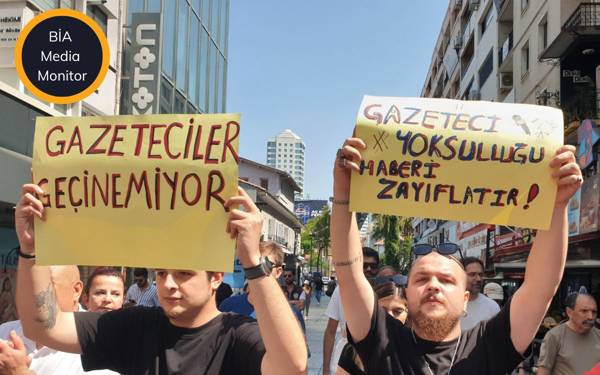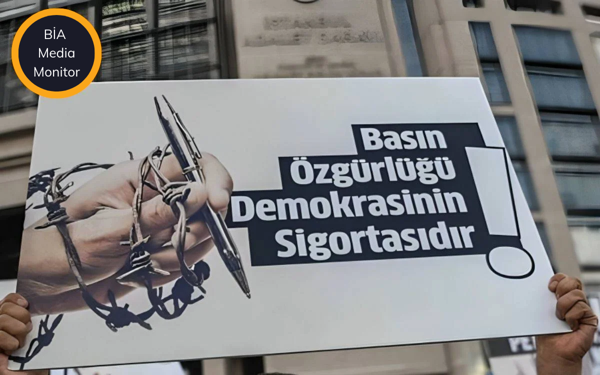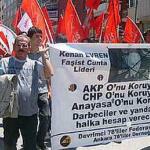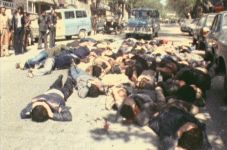The Prosecutor Wins Againt The Architect Of September 12 Military Coup
The European Court of Human Rights (ECHR) sentenced Turkey to pay 41 thousand euro to Adana’s former prosecutor Sacit Kayasu for restricting his freedom of expression when he made an attempt for the prosecution of retired four-star general Kenan Evren, architect of the September 12 military coup.
While Kayasu’s petition as a normal citizen for the same purpose on August 1999 was not answered, the Supreme Council of Judges and Prosecutors (HSYK) had reprimanded him on March 30, 2000 for preparing an indictment regarding Kenan Evren’s prosecution on March 28, 2000.
ECHR: Kayasu was prevented while doing his duty
On the grounds that the 13th and 10th article of the European Human Rights Convention was violated, the ECHR ruled today (November 13) that Turkey had prevented both prosecutor’s right to express himself through his actions and decisions and his attempt to seek for justice.
Kayasu had emphasized in his indictment that Evren had to be prosecuted, since the said crime will not be prosecutable after September 12, 2000, since the statue of limitations would be reached soon for te case.
On March 29, 2000, the Minister of Justice had reached the decision to prosecute Kayasu on the grounds that Kayasu had held a press release in his house to the journalists and handed out the copies of the indictment.
The ECHR described the sentences against Kayasu as intimidation tactics
Concurring with the decision of the General Committee for the Penal Chambers of the Supreme Court of Appeals on May 15, 2001, the 9th Penal Chamber of the Supreme Court of Appeals had sentenced Kayasu for “misconduct in office” and “denigrating the military” on December 11, 2002. The conviction was converted to a fine and postponed.
Kayasu was suspended from his job as a prosecutor on April 20, 2000 and then was expelled from his profession on February 27, 2003 by the decision o the HSYK. Today, Kayasu is not even able to work as a lawyer.
The ECHR, the Turkish judge Işıl Karakaş among them, reached the decision that these sentences against Kayasu had eventually served as intimidation tactics and therefore were of disproportionate nature. (EÖ/TB)
BİA MEDIA MONITORING REPORT 2024
The government made journalists' lives a living hell in 2024

BİA MEDIA MONITORING/OCTOBER-NOVEMBER-DECEMBER 2024
Truth concealed through repression from all sides targeting journalists

BİA MEDIA MONITORING REPORT
Just silence the journalist, and I won't touch you!

BİA MEDIA MONITORING APRIL-MAY-JUNE 2024
Journalists are on the target and have no legal security anymore!

BİA MEDIA MONITORING REPORT
The era of 'judicial control' confinement and torture in journalism










